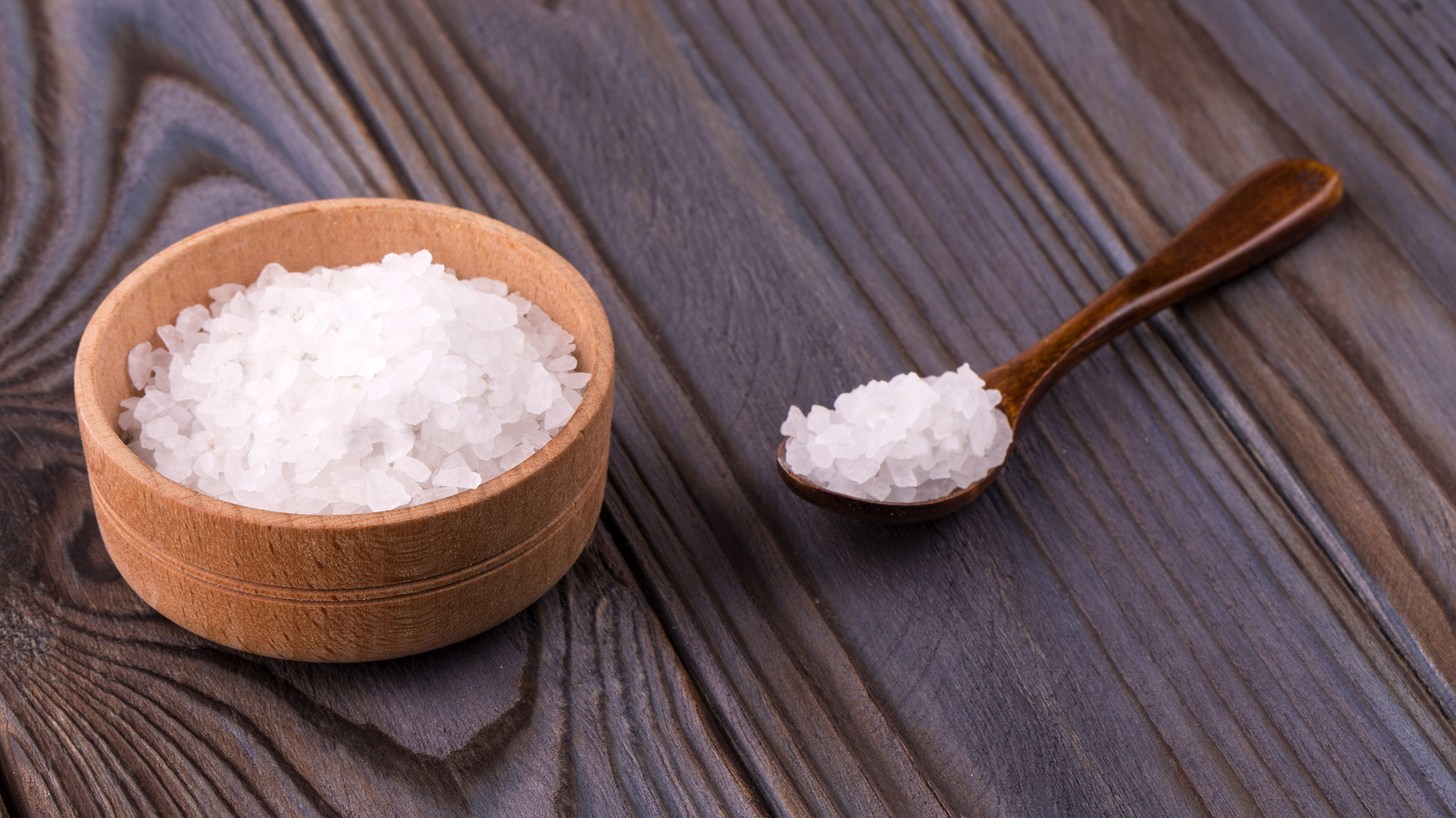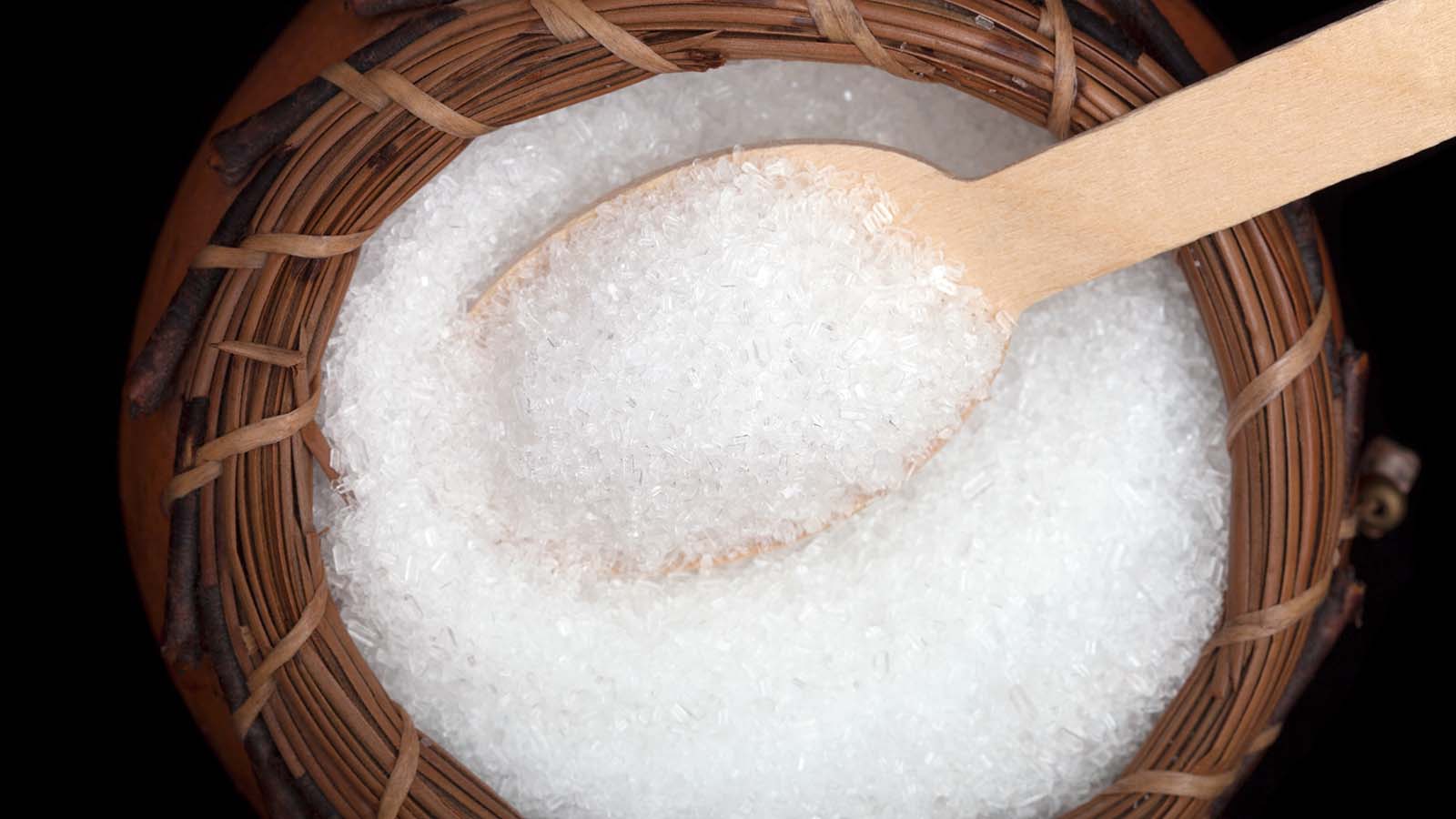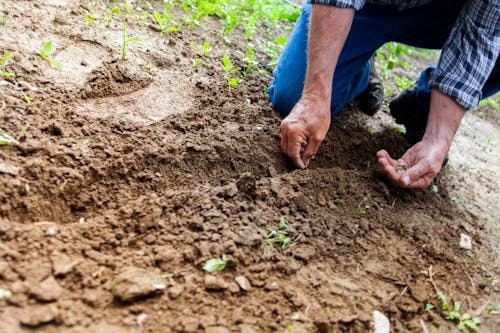Magnify Your Garden’s Beauty: Discovering the Power of Epsom Salt for Plants
Looking to boost your garden’s health? Explore the wonders of epsom salt for plants in this comprehensive guide. Learn how this natural mineral can enhance growth, deter pests, and promote vibrant foliage.
Introduction

Welcome to the world of gardening, where every plant thrives on care and nourishment. In this article, we delve into the remarkable benefits of epsom salt for plants, uncovering its role in fostering lush greenery and blooming flowers. From enriching soil to aiding in pest control, epsom salt stands as a versatile ally for garden enthusiasts worldwide.
Understanding Epsom Salt
What is Epsom Salt? Epsom salt, scientifically known as magnesium sulfate, is a naturally occurring mineral compound composed of magnesium, sulfur, and oxygen. Its crystalline structure resembles coarse salt, hence the name.
The Role of Magnesium and Sulfur Magnesium is a vital nutrient for plant growth, playing a key role in chlorophyll production, photosynthesis, and enzyme activation. Sulfur, on the other hand, aids in the synthesis of essential amino acids and proteins, contributing to overall plant health.
Benefits of Epsom Salt for Plants Epsom salt offers a plethora of benefits for plants, including improved nutrient absorption, enhanced flower production, increased chlorophyll synthesis, and resistance to environmental stressors.
Preparing Your Epsom Salt Solution
Creating an Epsom Salt Solution To harness the benefits of epsom salt, prepare a simple solution by dissolving it in water. For a foliar spray, mix 1 tablespoon of epsom salt with 1 gallon of water. For soil application, add 2 tablespoons per gallon of water. Ensure thorough dissolution before use.
Best Practices for Application Apply the epsom salt solution directly to the soil around the base of plants or as a foliar spray on the leaves. Repeat every 2-4 weeks during the growing season for optimal results.
Enhancing Plant Growth and Health
Promoting Nutrient Absorption Magnesium facilitates the uptake of essential nutrients such as nitrogen, phosphorus, and potassium, promoting robust plant growth and development.
Boosting Flower Production Epsom salt aids in the formation of vibrant blooms by encouraging the production of chlorophyll and supporting flower bud formation.
Preventing Yellowing Leaves Magnesium deficiency often manifests as yellowing leaves, a condition known as chlorosis. Regular application of epsom salt can rectify this issue, restoring the lush green color of foliage.
Deterring Pests and Diseases

Natural Pest Repellent The presence of magnesium in epsom salt acts as a natural deterrent against pests such as slugs, snails, and aphids, helping to protect plants from infestation.
Fungal Disease Prevention Sulfur in epsom salt possesses antifungal properties, making it effective in preventing common plant diseases such as powdery mildew and black spot.
Maximizing Epsom Salt Benefits
Choosing the Right Plants While epsom salt benefits most plants, some species may be more responsive than others. Vegetables like tomatoes, peppers, and roses are known to particularly thrive with regular epsom salt applications.
Monitoring Soil pH Regularly test soil pH levels to ensure optimal nutrient availability for plants. Epsom salt can help buffer acidic soils, promoting a balanced pH environment.
Avoiding Overuse While epsom salt is beneficial in moderation, excessive application can lead to nutrient imbalances and potential harm to plants. Follow recommended dosage guidelines for best results.
Conclusion
In conclusion, epsom salt emerges as a versatile and cost-effective solution for promoting plant health and vitality. From bolstering nutrient absorption to deterring pests and diseases, its myriad benefits make it a must-have in any gardener’s toolkit. By incorporating epsom salt into your gardening routine, you can unlock the full potential of your plants and enjoy a flourishing landscape year-round.
FAQs
Q: Can I use Epsom salt for all types of plants?
Yes, epsom salt is suitable for a wide range of plants, including flowers, vegetables, fruits, and shrubs.
Q: How often should I apply Epsom salt to my plants?
For most plants, applying epsom salt every 2–4 weeks during the growing season is sufficient to reap its benefits.
Q: Can epsom salt revive dying plants?
While epsom salt can improve plant health, it may not be a cure-all for severely damaged or diseased plants. Address underlying issues such as improper watering or soil quality for better results.
Q: Is Epsom salt safe for organic gardening?
Yes, epsom salt is considered safe for organic gardening practices and does not contain synthetic chemicals harmful to the environment.
Q: Can I use Epsom salt as a fertilizer substitute?
Epsom salt supplements plant nutrition by providing magnesium and sulfur, but it should not replace a balanced fertilizer regimen.
Q: Are there any plants that should avoid epsom salt?
Plants that prefer acidic soil conditions, such as blueberries and azaleas, may not benefit from epsom salt applications and could experience adverse effects.



